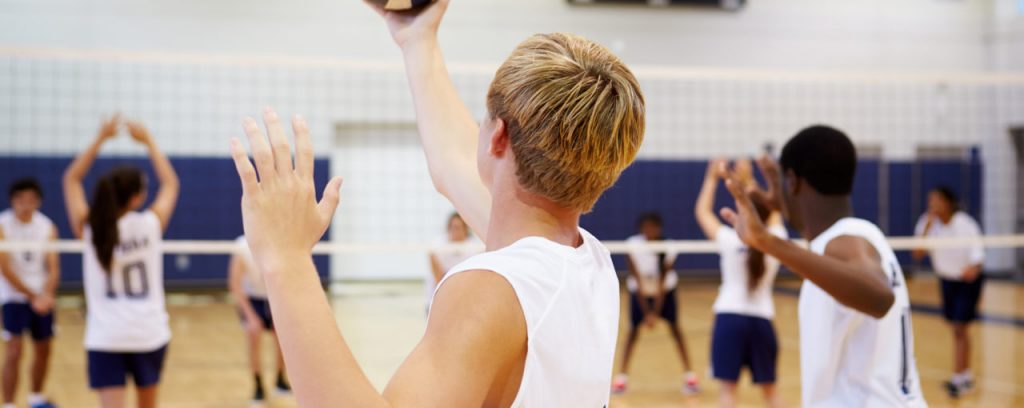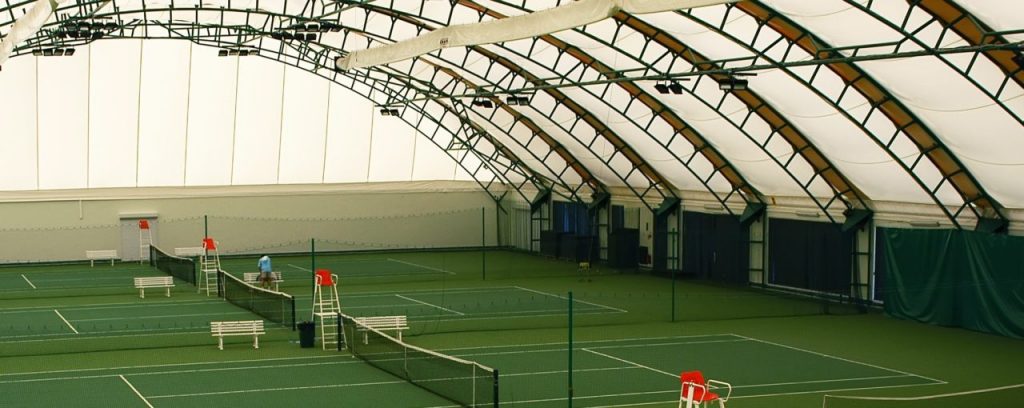Report Card on Physical Activity for Adults
We flunked! The new ParticipACTION Report Card on Physical Activity for Adults assigned us a ‘D’ grade in “overall physical activity.” Only 16% of adults living in Canada are active enough to meet the recommended guidelines of at least 150 minutes of heart-pumping physical activity each week. Read the full report here.
SIRCuit Fall 2019
The Fall SIRCuit is now available! Check out our newest collection of articles, providing timely and relevant research and insights relating to leadership, athlete development, and high performance sport: Increasing Distinction in Para Sport Event Management MATCH: Spotlight on a Canadian Study on Sport Participation Is There a Role for Weight Training in the Physical…
MATCH: Spotlight on a Canadian Study on Sport Participation

In this day and age, everything is at our fingertips. However, the investigation of complex behaviours is still a process that takes time. The intricate nature of sport and physical activity behaviour, especially amongst children and adolescents, is an area that many Canadian policy makers, administrators and other sport system stakeholders are trying to better…
Is There a Role for Weight Training in the Physical Development of Children?

Once considered a fringe activity, weight training has grown in popularity in the last 20 years due to its benefits for improving health, physical fitness, and performance. Weight training is often included in high school physical education classes and promoted for young athletes as a supplement to sport training. However, various myths regarding weight training…
Tennis Canada’s Covered Courts Program – Driven By Data

Tennis Canada’s mission is to lead the growth of the sport in the country. That mission can only be accomplished with more individuals playing more tennis more frequently. However, to increase participation rates, one important barrier needs to be addressed – winter. Enter Tennis Canada’s Covered Courts Program. This article discusses how Tennis Canada leveraged…
Physical literacy and life-long participation
The development of physical literacy is essential to life-long participation in sport and physical activity. Learn how teachers and parents (and program leaders, coaches, and others!) can be allies in ensuring students develop the “motivation, confidence, physical competence, knowledge and understanding to value and take responsibility for engagement in physical activities for life” in the…
Physical Activity and Emotional Development
Research from the Université de Montréal found that children with low or no participation in organized sport from ages 6-10 showed higher emotional distress, anxiety, shyness, and social withdrawal at age 12 than those who participated regularly. The authors suggest that emotional skills learned through sport can help youth successfully navigate the transition from primary…
Development in minor hockey
Hockey Canada recommends a ratio of two (or more) practices for every game played — claiming that one efficient practice will provide a player with more opportunities for skill development that 11 games combined. This article from The Conversation explores how the competition-oriented structure and win-at-all-costs culture of minor hockey limits opportunities for players to…
Parents and Teachers – Allies in Physical Literacy

With students settled into new classes with new teachers, many families find themselves considering how to best support student success across the school day. Physical literacy is becoming an integral facet of Physical and Health Education curricula across the country, and parents are likely to see this term more often on report cards, course outlines,…
Physical Literacy Allies
Physical literacy is a central component of physical education curricula across the country. But the concept may be unfamiliar to many parents. Today’s SIRC blog helps demystify the concept so parents can be allies with teachers in supporting student success.